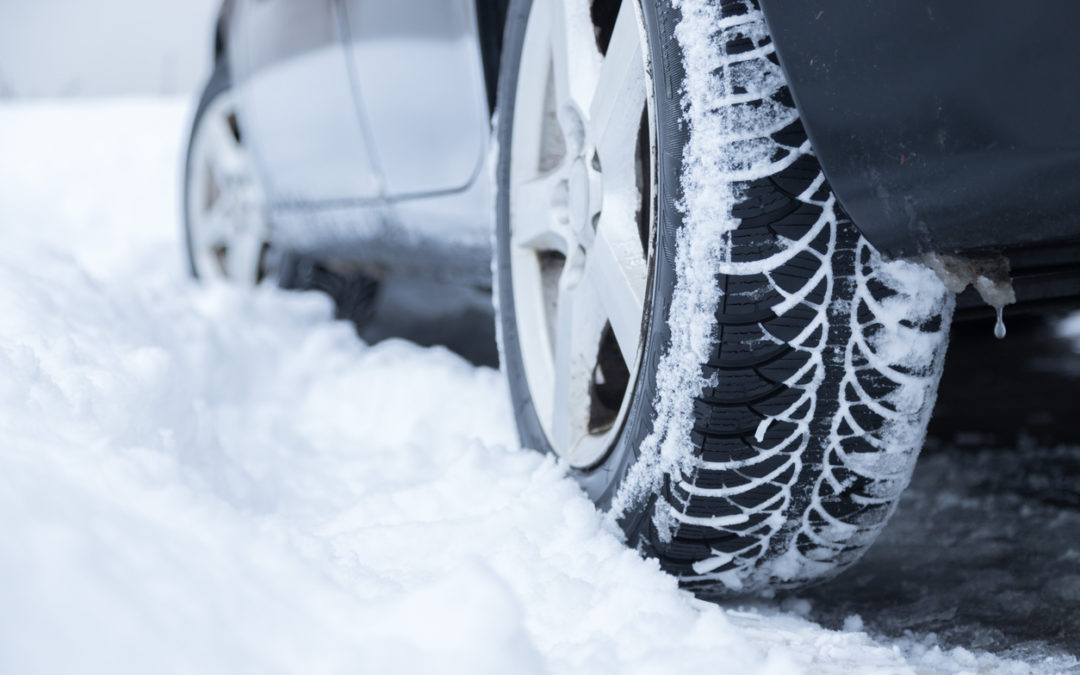New England winter is upon us and driving on the roads and highways becomes unpredictable during your commutes with icy/slick roads and changes in visibility. According to the CDC, each year in the United States, about three million people are nonfatally injured in motor vehicle crashes.
New England drivers are mostly accustomed to these ever-changing road conditions, but a select few have difficulty with safe driving measures on the roadways, which can lead to car accidents and unsafe driving consequences. Fort Hill Collision Services has experienced the unfortunate minor auto collision accident small and large, and we are here to give you 6 tips on driving safely in New England cold weather conditions.
Many commuters and visitors come to the New England states Massachusetts, Vermont, New Hampshire, Rhode Island, and Connecticut for business and leisure. Winter driving is especially dangerous if you are only used to mild seasons and easy driving conditions. Massachusetts, alone has over 26.8 million domestic visitors, according visitma.com
#1. Make Sure You Know Your Vehicle’s Owner’s Manual
Make sure you read your owner’s manual and your vehicle. Things to consider when checking your manual is safety features, features for all weather conditions, and electronic controls. Make sure you regularly get your car serviced, check for recalls from your manufacturer, and ask questions to your dealership if you have any questions you may not know about your vehicle’s capabilities.
# 2. Start Your Engines!
Make sure your car is in an open area, and not in a garage or indoors for safety purposes before warming up. Make sure your vehicle is in a safe spot. Let engine run for a minimum of 30 seconds, if your vehicle is covered in snow or ice it may take longer. You want to make sure all car electronics (radio, heat, lights, windshield wipers, ECT are off). After 30 seconds, you can run your vehicle’s defrost to help get your vehicle inside and outside warmed up and ready to drive.
#3. Check Your Tires
During the colder winter months, its important to check your tire tread monthly because this gives your vehicle the ability to grip icy/ snowy road conditions.
With changing temperatures, your tire pressure can also change with different weather patterns. NHSTA recommends drivers to check tire pressure with a tire pressure gauge periodically. For long travel, drivers should check all tire levels to ensure a safe driving experience on the roads and highway. Drivers can reference their car manual to find out specific tire needs and suggested PSI.
#4. When There’s Snow Just Go Slow
According to NHSTA, speeding has been involved in approximately one-third of all motor vehicle fatalities. In 2017, speeding was a contributing factor in 26% of all traffic fatalities. If there is snow and ice during your commute and travels, go slow and be safe and cautious. Many of the accidents that happen in winter can be prevented with smart driving habits and preparing before your drive to be safe. Whether you need to leave earlier to make it to your office on time or get stuck in bad winter weather, plan and know your surroundings and what weather patterns are ahead.
#5 Test the Road Conditions and Use Caution
As you get onto the roads, you can test the conditions with a quick brake test to anticipate the terrain and expectations of winter weather. Use caution during your drive and use your cars transmission/ gear system to reduce speed and overdrive features. Shifting on hills and turns is important as well to gain control. Most important, distance between other vehicles is essential. AAA recommends 8-10 seconds of following time between vehicles during bad weather driving conditions.
#6 Winter Driving Kit for Your Driving Safety
Having an emergency car kit available during all months for car travel is important for your own safety and anyone that is traveling with you. Things to consider having in your car kit.
- Snow Shovel
- Ice Scraper
- Jumper Cables
- Flashlight
- Flares
- First aid kit
- Extra Fluids
- Tools for your Tires (lug nut wrench, spare tire)
Just like New England Weather, driving conditions can be unpredictable. It is important to be prepared before you head out on the roads. If you find yourself in an unfortunate situation with a auto collision accident, Fort Hill Collision Services is your expert in all auto collision and repair needs serving Western, MA areas (Amherst, Hadley, South Hadley, Southampton, Northampton, Easthampton, Springfield area and beyond. Call us today if we can help you in any way with your vehicle collision needs. 413-259-9284


Recent Comments